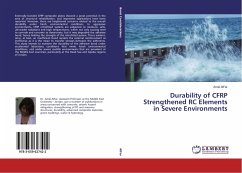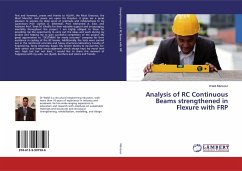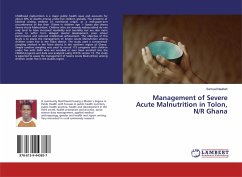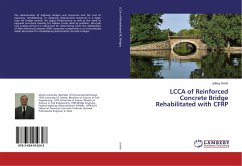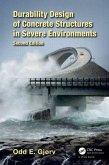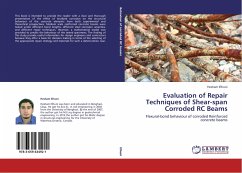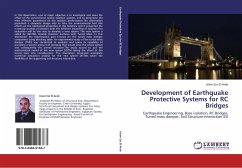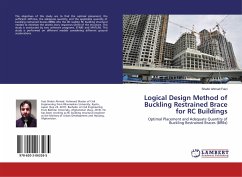Externally bonded CFRP composite plates showed a great potential in the area of structural rehabilitation, and impressive applications have been reported. However, there are heightened concerns related to the overall durability under harsh environmental conditions. In aggressive environments, CFRP retrofitted systems are subjected to moisture, salts, ultraviolet radiations and high temperatures, which not only causing steel to corrode and concrete to deteriorate, but it may degraded the adhesive bond, hence limiting the strength of the retrofitted system. This is evident, since, at best, an insufficient bond renders the external reinforcement as ineffective as it is the mean to transfer stresses between the adherents. This study intends to examine the durability of the adhesive bond under accelerated laboratory conditions that mimic harsh environmental conditions, and under severe real-life environments that are prevalent at the Middle East countries, particularly at the Dead Seaand Aqaba regions of Jordan.
Bitte wählen Sie Ihr Anliegen aus.
Rechnungen
Retourenschein anfordern
Bestellstatus
Storno

